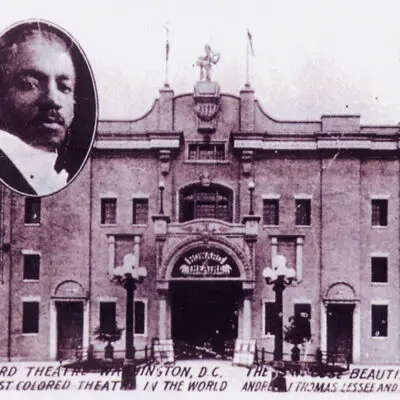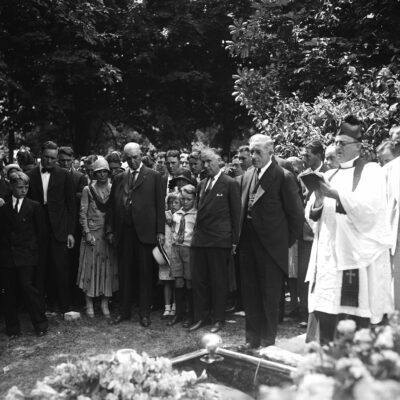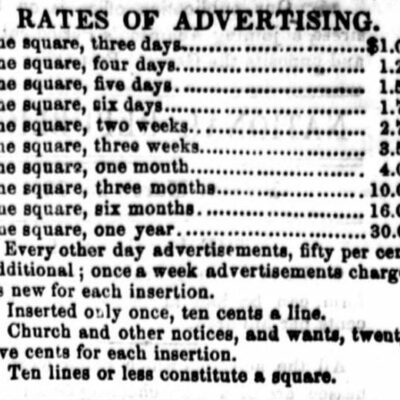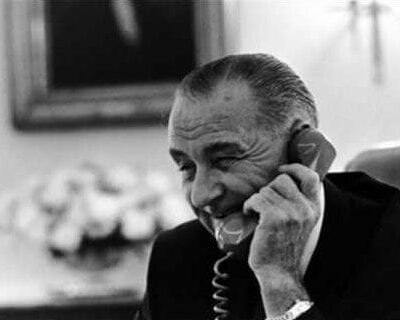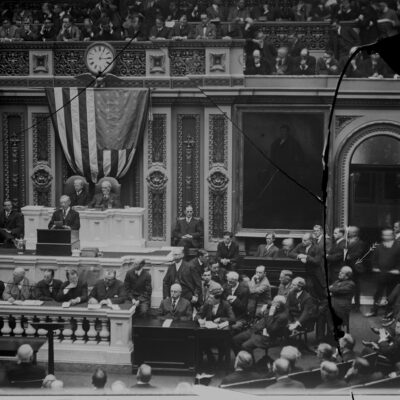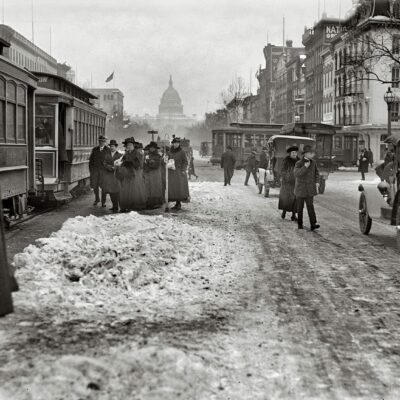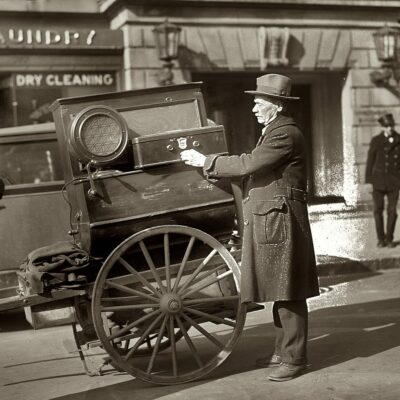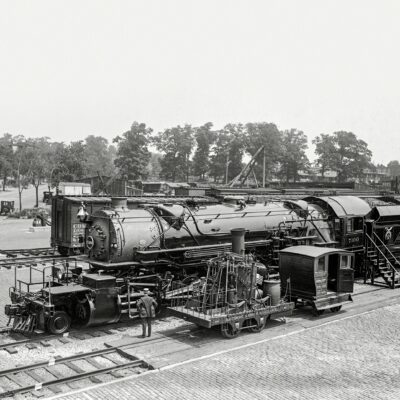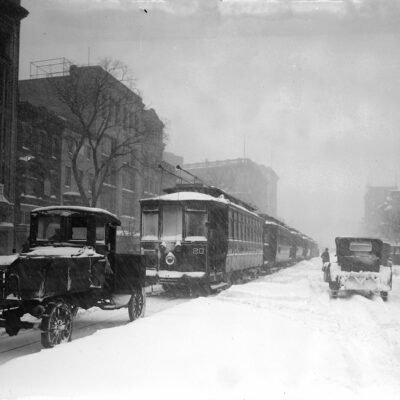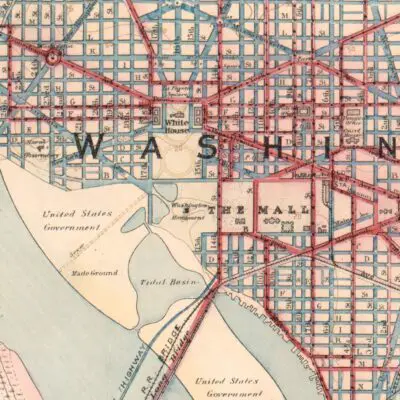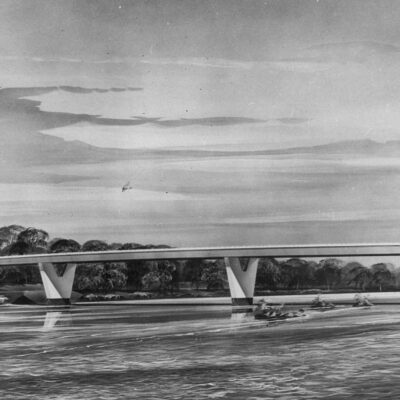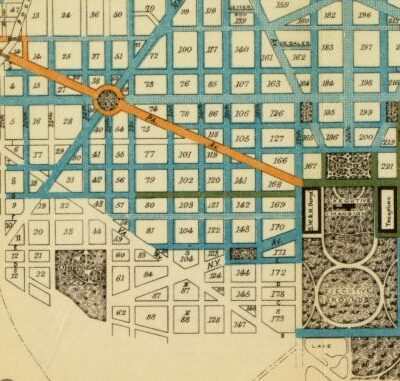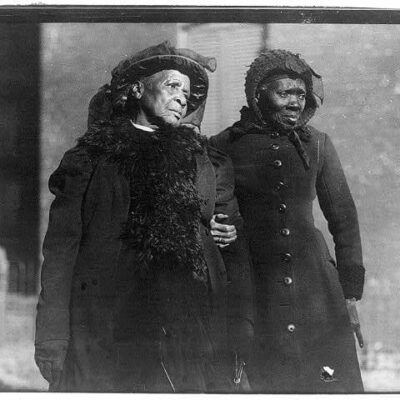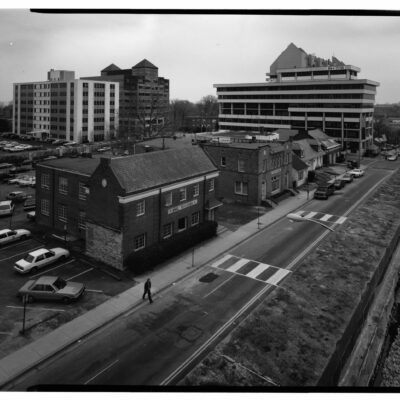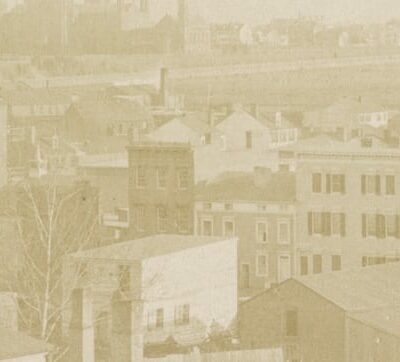At first glance, the front page of The Washington Star from September 16, 1923 feels detached from our modern world of smartphones and streaming television. But peek beneath the surface at the faded stories and you’ll find people wrestling with surprisingly timeless issues.
The banner headlines report that Oklahoma’s governor declared martial law statewide to crack down on the Ku Klux Klan. After failed attempts to stop Klan violence through civil authorities, the governor brought in all 6,000 of the state’s National Guard troops. He proclaimed that any Oklahoman who aids or supports the Klan will be deemed an enemy of the state. Troops rushed to establish military headquarters in Oklahoma City as the governor escalated his dramatic fight against the racist group.
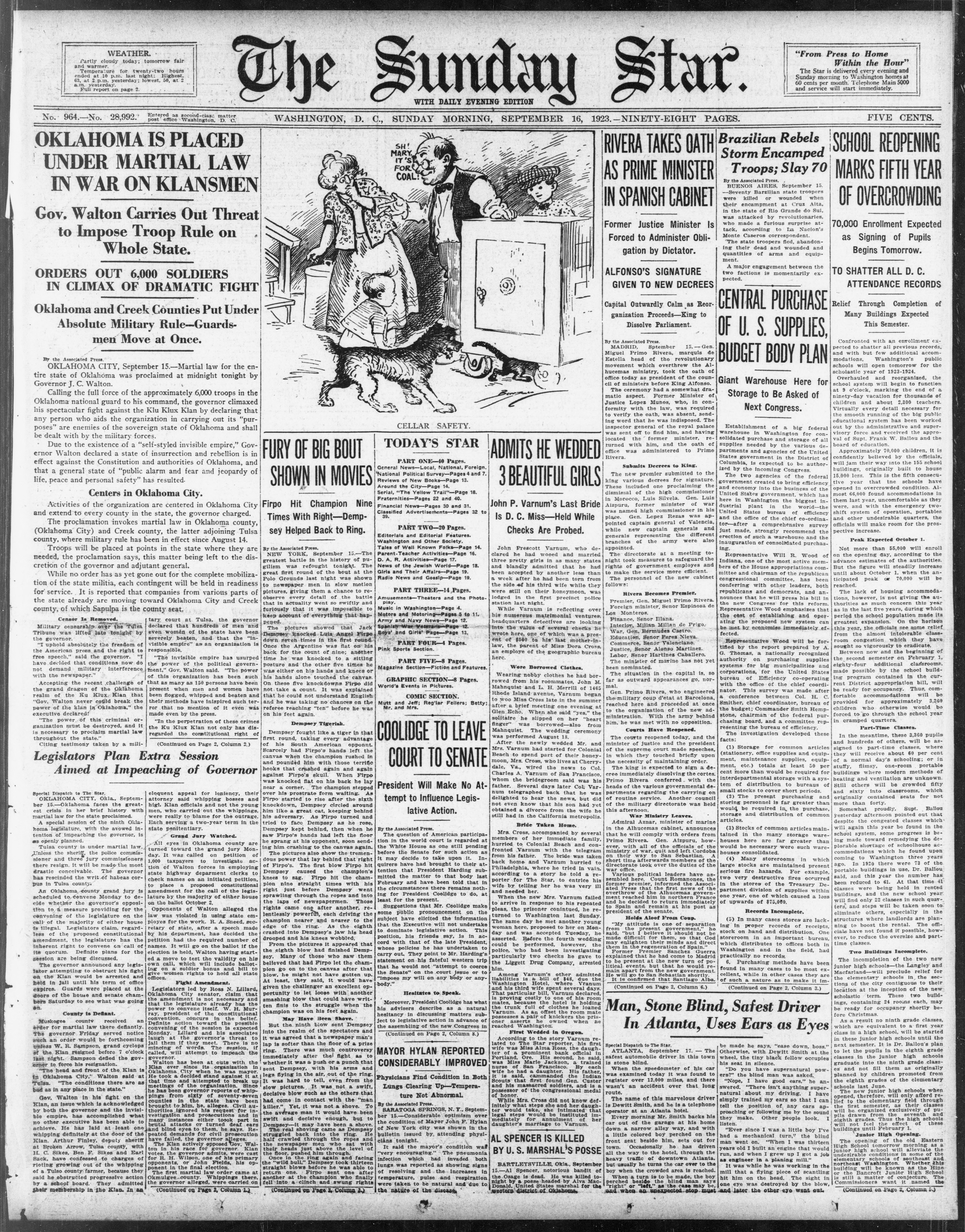
Further down the front page, a story on Prohibition describes federal agents raiding hidden stills and confiscating illegal whiskey in rural Texas counties. Bootlegging and speakeasies boomed across America as people defied the nationwide alcohol ban. The police raids sound strikingly similar to today’s clashes between law enforcement and illegal drug markets.
Money issues also echo through time. As inflation now propels calls for wage increases, a 1923 article shows even federal agencies felt pressed to cut costs a century ago. Congress considered plans for a consolidated Washington warehouse to centrally buy and stockpile supplies for the entire government. Budget reformers hoped this centralized purchasing system could yield major savings on office items, maintenance equipment, and more.
On the local city front, Washington D.C.’s schools expected a towering 70,000 enrollment in cramped buildings only designed to hold around 55,000 students. As today’s districts weigh aging infrastructure and crowded classes, Washington planned urgent new construction and classroom additions to accommodate its booming population in 1923.
Overseas, Spain dealt with a military rebellion as army leaders ousted the sitting elected government in a dramatic coup d’état. Political unrest and war remain global norms, just as in the 1920s.
Advertisements scattered throughout the paper provide cultural snapshots as well. Listings promise business opportunities for shops and eateries, reflecting America’s economic explosion in the 1920s. A story about a blind man safely driving a car solo using his hearing shows the sense of wonder and change that new technologies like automobiles inspired.
The past feels distant when browsing yellowed pages, yet the concerns are familiar – extremism, crowded schools, unlawful drinking. But also tales of marvels like a blind driver overcoming limitations through skill. While society evolves, our spirit endures. The giddy 1920s gave way to hardship, progress, and new generations. As we face modern tumult, the old newspapers remind us that this too shall pass. And if we draw wisdom from history, embracing the best while rejecting the worst, America’s future can shine brighter than before. Our ancestors show it’s possible, if we let their hopes guide us.

